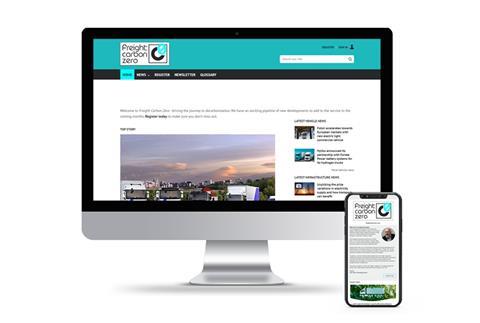- Home
- News
- Zero Carbon Vehicles
- Low Carbon Vehicles
- Vehicle Index
- Manufacturers
- Newsletter
- Podcasts
- About Us
Bath proposes ban on Euro-VI trucks to drive zero-emission vehicle take-up

In announcing the opening of a consultation to charge Euro VI vehicles over 12-tonne GVW for entering its clean air zone, Bath and North East Somerset Council (BNESC) has signalled its intent to drive a shift to low and zero-emission vehicles. The decision to open the consultation was agreed at ...
You have reached your limit of free news
Register for free today to read more content. Already registered? SIGN IN now
Want to read more?
Register for free now to access the full article.
Let us help you reach your carbon zero targets, sign up today and unlock:
- Unlimited access to breaking news, commentary and analysis around the decarbonisation of the road freight and commercial vehicle sector
- Continued access to the Freight Carbon Zero weekly newsletter, sent directly to your inbox








